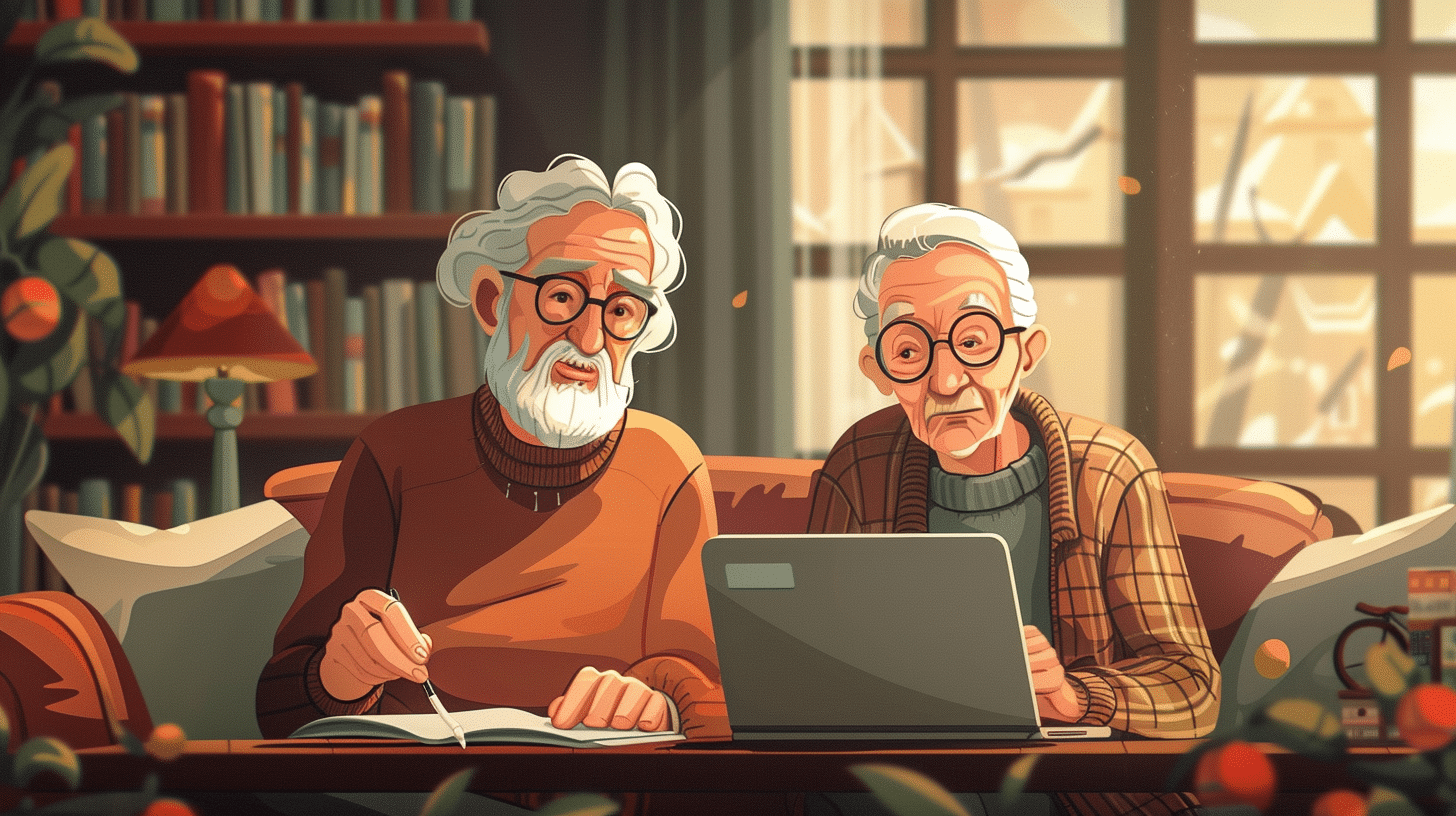Learning Chinese adjectives can significantly enhance your ability to describe objects, people, and situations effectively. Here, we explore some common Chinese adjectives and their uses, which will aid in broadening your vocabulary and improving your conversational skills.
大 (dà) translates to “big” or “large”. This adjective can be used to describe the size of an object or space.
这是一棵大树。
This means “This is a big tree.”
小 (xiǎo) means “small” or “little”, often used in contrast with “大”.
那是一只小猫。
This translates to “That is a small cat.”
多 (duō) signifies “many” or “much”. It’s used to express quantity.
他有很多书。
It means “He has many books.”
少 (shǎo) means “few” or “little”, and is often used to describe an insufficient quantity.
我只有很少的钱。
This translates to “I only have a little money.”
好 (hǎo) means “good”, “well” or “nice”. It’s one of the most commonly used adjectives.
她是一个好人。
This means “She is a good person.”
坏 (huài) translates to “bad” or “spoiled”.
这些苹果都坏了。
It means “These apples are spoiled.”
美 (měi) means “beautiful” or “pretty”. It’s often used to describe appearance.
这张照片很美。
This translates to “This photo is beautiful.”
丑 (chǒu) means “ugly”.
他不是一个丑男人。
It means “He is not an ugly man.”
老 (lǎo) translates to “old”. It can describe age or imply respect for someone’s experience.
我的外公很老了。
This means “My grandfather is very old.”
年轻 (nián qīng) means “young”.
他看起来很年轻。
This translates to “He looks very young.”
高 (gāo) means “tall” or “high”.
他比我高。
It means “He is taller than me.”
矮 (ǎi) means “short” (in height).
她比我矮。
This translates to “She is shorter than me.”
长 (cháng) means “long”.
这条河很长。
It means “This river is long.”
短 (duǎn) means “short” (in length).
这部电影很短。
This translates to “This movie is short.”
快 (kuài) translates to “fast”.
他跑得很快。
It means “He runs fast.”
慢 (màn) means “slow”.
这辆车开得很慢。
This translates to “This car drives slowly.”
热 (rè) means “hot”.
今天天气很热。
It means “Today’s weather is very hot.”
冷 (lěng) means “cold”.
冬天的时候这里很冷。
This translates to “It is very cold here in winter.”
新 (xīn) means “new”.
我买了一部新手机。
This means “I bought a new phone.”
旧 (jiù) means “old” or “used”.
他的车很旧。
This translates to “His car is old.”
明亮 (míng liàng) means “bright”.
这个房间很明亮。
It means “This room is bright.”
暗 (àn) means “dark”.
这条街道晚上很暗。
This translates to “This street is very dark at night.”
轻 (qīng) means “light” (in weight).
这个箱子很轻。
It means “This box is light.”
重 (zhòng) means “heavy”.
这本书很重。
This translates to “This book is heavy.”
Understanding these common adjectives and their usage in sentences will greatly improve your ability to communicate effectively in Chinese. By practicing these words in context, you’ll be able to enhance your vocabulary and grasp of the language.







